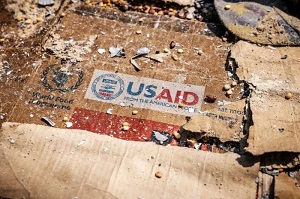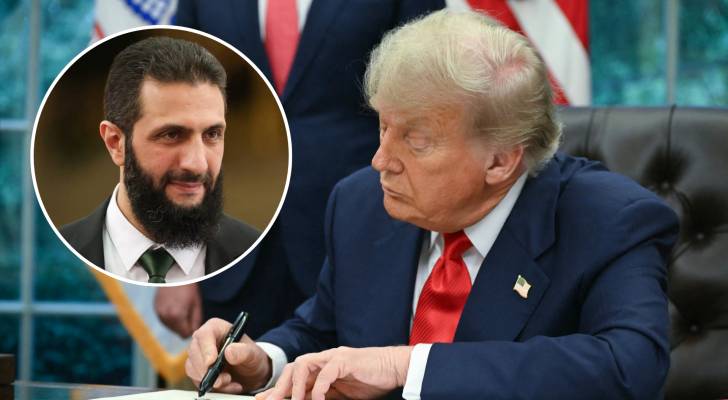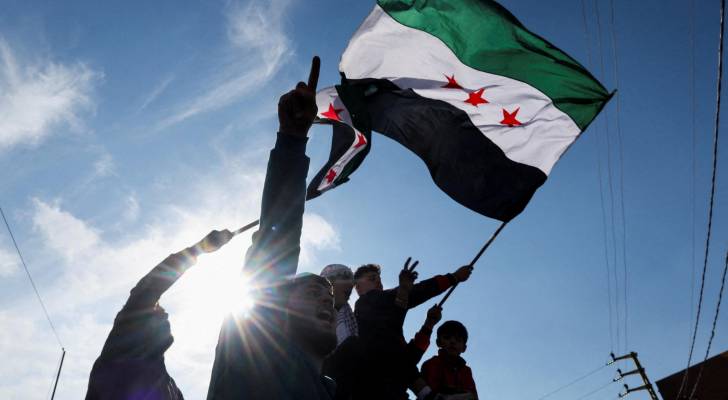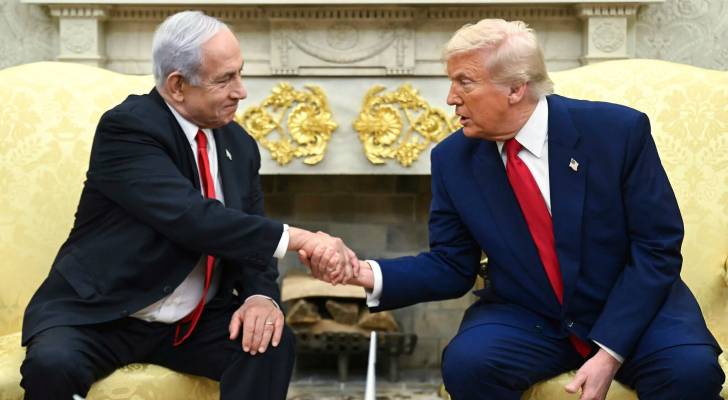Not a Theatrical Show, but a Game of Political Thrones - By Zaidoon Alhadid, Jordan News
In a scene reminiscent of how global powers act when their interests converge with the fla mes of war, the ceasefire between Israel and Iran stands out as a politically symbolic moment—not only at the regional level but also on the broader stage of the international order.
mes of war, the ceasefire between Israel and Iran stands out as a politically symbolic moment—not only at the regional level but also on the broader stage of the international order.
While some initially believed that the latest spark between the two sides was nothing more than a political performance or a limited intelligence skirmish, the way de-escalation was managed revealed a deeper truth: this is not merely a border conflict or a covert operation—it is a grand game of major powers, directed by those who control both the opening shot and the final whistle.
U.S. President Donald Trump’s statements added another dimension to this political reading. While publicly calling for calm and restraint, his concurrent remarks—seen by some as contradictory—carried, in my view, a clear message: no law stands above American law, and the law of power is the ultimate ruler in this equation.
At first glance, his rhetoric may have appeared inconsistent—warning against escalation while simultaneously affirming “the right of the U.S. to protect its interests and allies.” But this was part of a deliberate political tactic by Trump, known for his cryptic, symbolic messaging. He was sending direct signals to regional and global powers that the United States alone holds the decisive say: when war begins, when calm is enforced, and how the next scene will unfold.
Trump’s message was a practical embodiment of the idea that the United States is not bound by any international standard when it comes to its strategic interests. It can shift the balance, reset the rules of engagement, and redraw the board at will.
Thus, the U.S. administration—through Trump’s recent statements—has demonstrated that domination doesn't always require open conflict. Sometimes it is enough for Washington to have the authority to ignite or extinguish the flame of war. Trump, long proud of his ability to shape political reality as he pleases, seemed to remind the world that decisions of war and peace in this region—despite the presence of other regional powers—still lie in Washington’s pocket. Regardless of who occupies the White House—Democrat or Republican—the U.S. remains the only player capable of triggering or pausing the conflict.
Anyone who assumed that the recent clash was an absurd skit or a low-stakes showdown without strategic depth was mistaken. The truth is that it was one of the most calculated political maneuvers in recent times—a litmus test for regional power dynamics, ally preparedness, and adversarial responses, ultimately used to recalibrate the regional tempo in favor of the major players.
This wasn’t a military parade; it was a double-edged American message. First, to the domestic audience witnessing the perceived decline of U.S. global influence, and second, to both allies and rivals: the U.S.—despite wars or turbulent elections—is still capable of reclaiming the reins of hegemony whenever it chooses.
In the end, between bombing and truce, destruction and calm, the grand game continues—coldly strategized from decision-making rooms in Washington—while the peoples of the region bear the cost of geopolitical calculations. A scene that, sadly, will not be the last in the history of this troubled region.
Latest News
-
 Jordanian authorities arrest 23 suspects in deadly methanol poisoning case
Jordanian authorities arrest 23 suspects in deadly methanol poisoning case
-
 Over 14 million people could die from US foreign aid cuts — study
Over 14 million people could die from US foreign aid cuts — study
-
 Trump signs executive order lifting Syria sanctions
Trump signs executive order lifting Syria sanctions
-
 Syria welcomes Trump’s lifting of sanctions as ‘turning point’ toward recovery
Syria welcomes Trump’s lifting of sanctions as ‘turning point’ toward recovery
-
 Netanyahu to visit Trump at White House on July 7
Netanyahu to visit Trump at White House on July 7